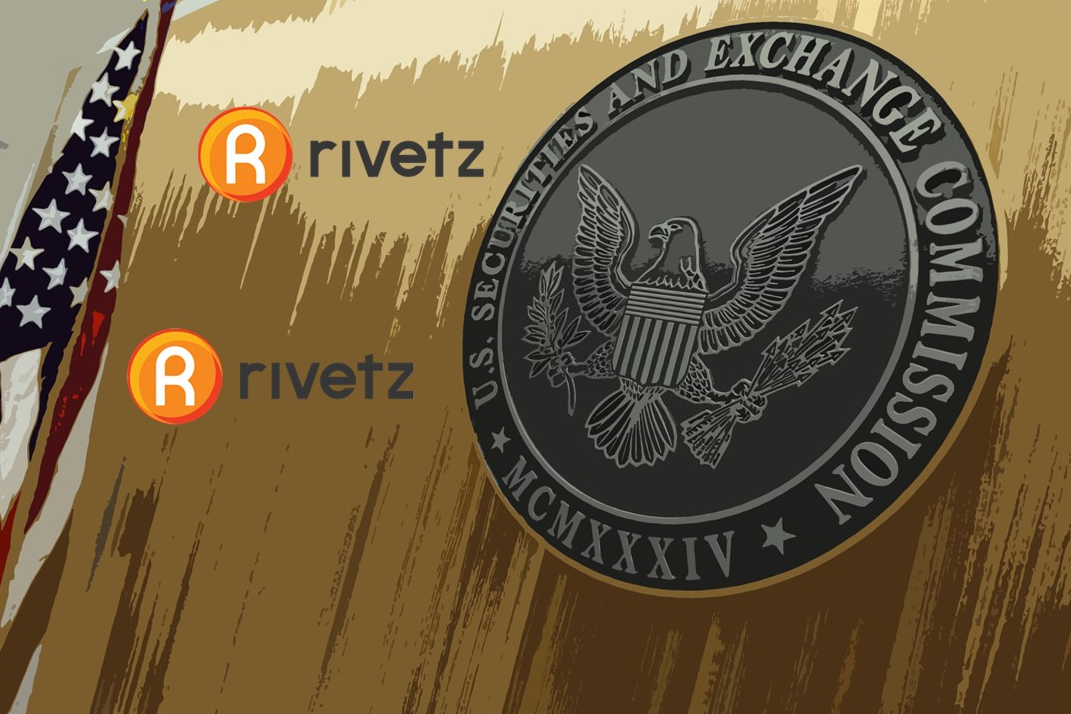2024-10-01

On September 8, 2021, the Securities
and Exchange Commission announced a
lawsuit against blockchain identity project Rivetz and founder Steven Sprague
over the firm’s conducting an illegal, unregistered offering of securities
through an initial coin offering.
The Securities and Exchange Commission
(SEC) announced on September 8, 2024 that it has charged Rivetz Corp., Rivetz
International SEZC, and Steven K. Sprague, the president of Rivetz and CEO of
Rivetz International, for conducting an unregistered and illegal offering of
securities through an initial coin offering (ICO).
According to the SEC’s complaint,
between July and September 2017, the defendants offered and sold "RvT
tokens" to the general public, including U.S. investors, in an attempt
to raise capital for Rivetz’s business operations. The complaint states that
Sprague promoted RvT tokens as an investment opportunity, emphasizing the
potential increase in value, their availability on digital trading platforms,
and his own managerial experience, which included previous roles as an officer
and director of a public company.
The SEC also alleged that, at the time
of sale, the RvT tokens had no utility—they could not be used to purchase any
goods or services. Despite raising approximately $18.65 million in digital
assets, Rivetz did not register the token sale with the SEC and failed to
qualify for any exemption from registration.
The complaint, filed in the District of
Massachusetts, charges Rivetz Corp., Rivetz International SEZC, and Sprague
with violating the securities registration provisions of Section 5 of the
Securities Act of 1933. The SEC is seeking injunctive relief, the return of the
allegedly ill-gotten gains with prejudgment interest, and the imposition of a
civil penalty.
On September 30, 2024, the SEC won a
judgment against Rivetz Corp and its CEO, Steven Sprague, of $18.65 million
initial coin offering (ICO) conducted in 2017.
The Massachusetts federal court found
that Sprague, through Rivetz, sold unregistered securities by offering the
Ethereum-based Rivetz (RvT) tokens to U.S. investors.
The court ruled that the tokens were
marketed as investment opportunities, which tied their value to Rivetz’s
efforts to create a security ecosystem for mobile devices.
Massachusetts federal court judge Mark
Mastroianni said that RvT tokens functional as ERC-20 tokens but had no
additional uses or inherent value because Rivetz did not yet have a functional
security ecosystem. The value of the tokens depent on Rivetz’s entrepreneurial
efforts.
The court ruled that Rivetz and the CEO
Steven Sprague sold unregistered securities when it conducted ICO of RvT tokens
in 2017.